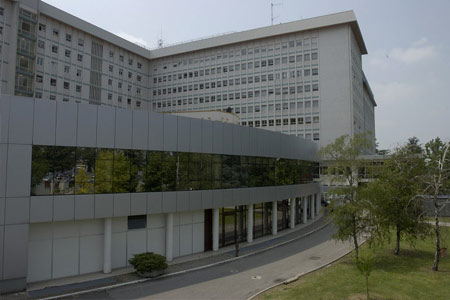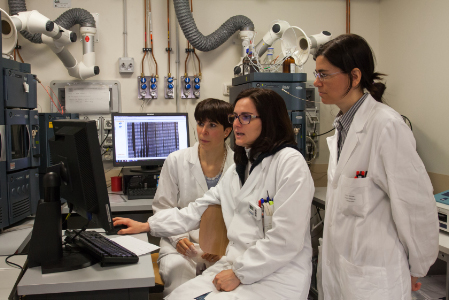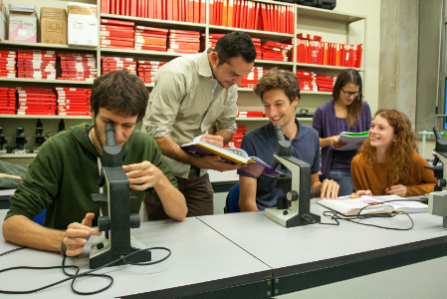The biological activities of IL-10 can be fundamental in the pathogenesis and/or development of cancer because of its negative immunomodulatory role and its direct effects on proliferative processes. In cells of myeloid origin, it has been shown that the signals induced by IL-10 to mediate its anti-proliferative and de-activating responses require distinct Stat3-dependent and -independent signaling mechanisms. In this context, we have recently shown that one of the genes directly induced by IL-10 in human leukocytes (neutrophils, monocytes and lymphocytes) is Cytokine Signaling (SOCS)-3 (SOCS3), a protein belonging to a growing family of Stat-dependent-Stat-inhibitor molecules. These proteins have, in fact, the potential to negatively regulate the Jak-Stat signaling pathway by mechanisms that are not completely understood, but that can be generally summarized with the ability of these cytoplasmic molecule to inhibit Jak/Stat signaling pathway. Interestingly, we have also reported that, at least in human neutrophils, SOCS3 mRNA steady-state levels seem to be specifically induced by IL-10 independently from Stat-activation, in contrast with the notion that induction of SOCS depends on the Jak-Stat pathway. By inference, our data have also raised the possibility that the modulation by IL-10 of cytokine production in neutrophils (and other cell types might) occur independently of activation of Stat proteins. The latter notion is however in sharp contrast with other studies performed with monocytes from Jak1 deficient mouse embryos, and with neutrophils and macrophages derived from mice engineered to express a genetic Stat3 deficiency, which have highlighted an obligatory role for Jak1 and Stat3 in mediating the IL-10-signaling.
The present project is aimed to achieve the two following goals: A), to define which one(s) of the biological effects to IL-10 is mediated by SOCS3, and which are the molecular mechanisms responsible for the action of SOCS3. We will also study the signaling pathways responsible for the induction of SOCS3 by IL-10, and by other cytokines and factors. We will analyze both transcriptional and post-transcriptional mechanisms of SOCS3 expression triggered by different stimuli; B), to clarify the molecular bases regulating the responsiveness of neutrophils to IL-10, at the light of the fact that, in these type of cells, the Jak-Stat pathway seems to be unused by IL-10. .
These studies will contribute to better understand the IL-10-dependent transmembrane signaling and the comprehension of the molecular bases of its biological activities. In addition, our project will clarify the functional significance of SOCS3 induction in the context of IL-10 and other cytokine signaling. A better characterization of these issues might shed light on important, still unrevealed, pathways regulating normal and neoplastic hemopoiesis and leukocyte activation.







